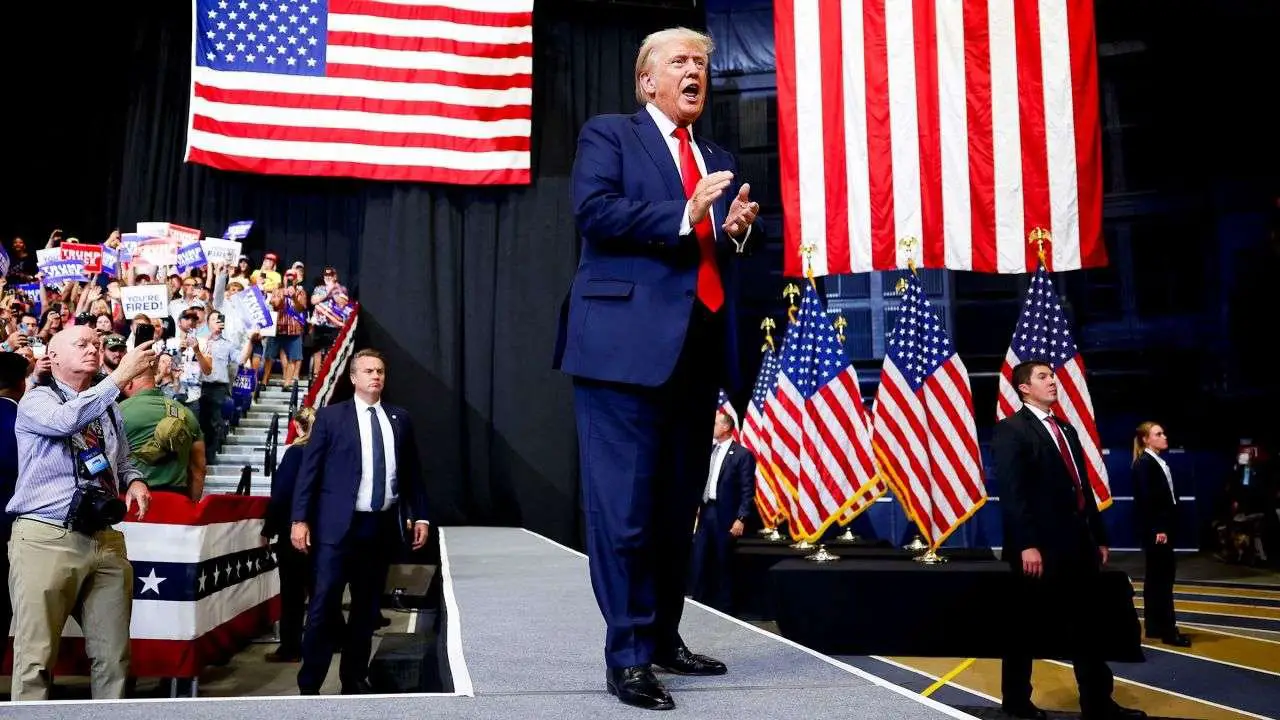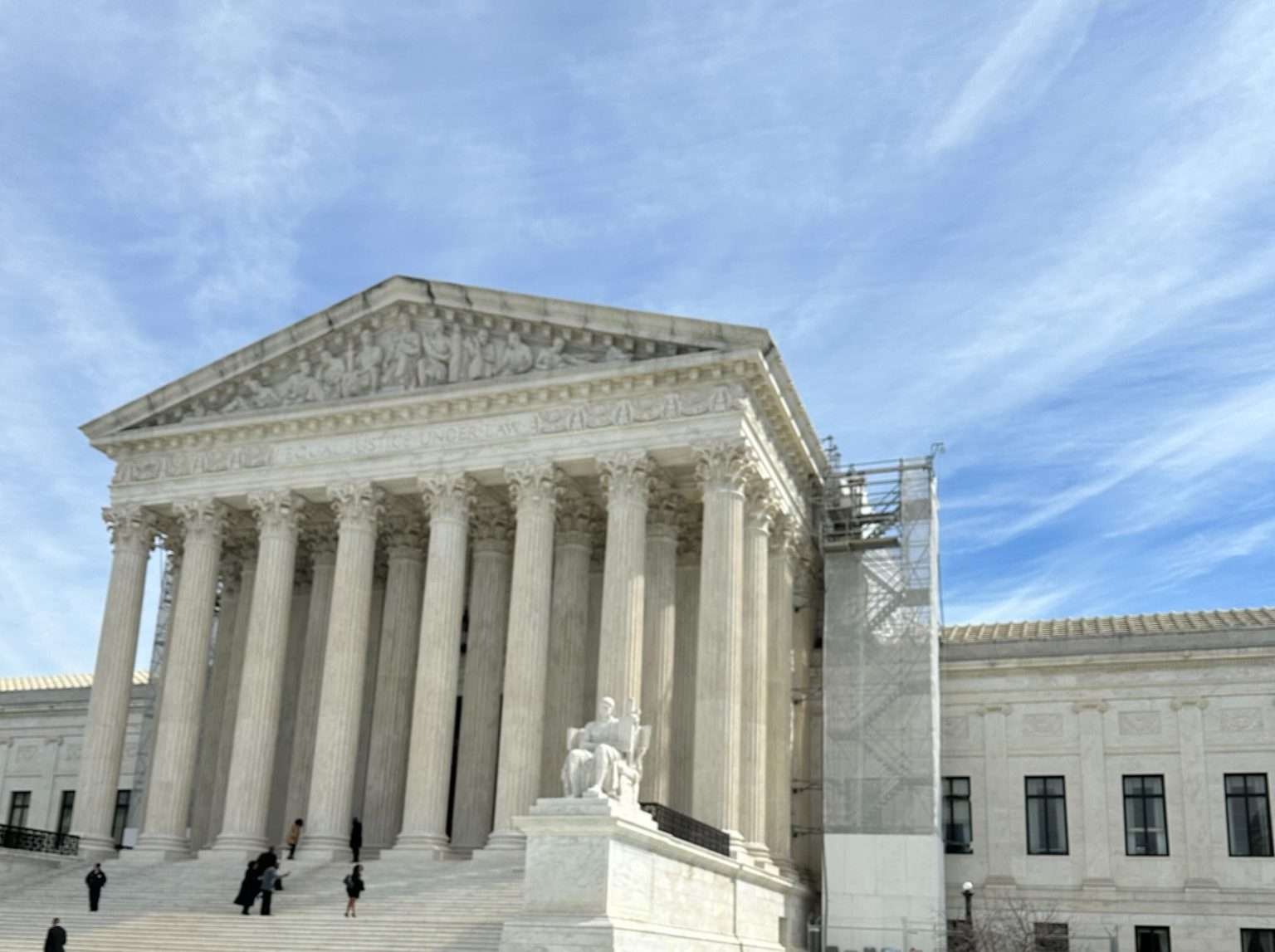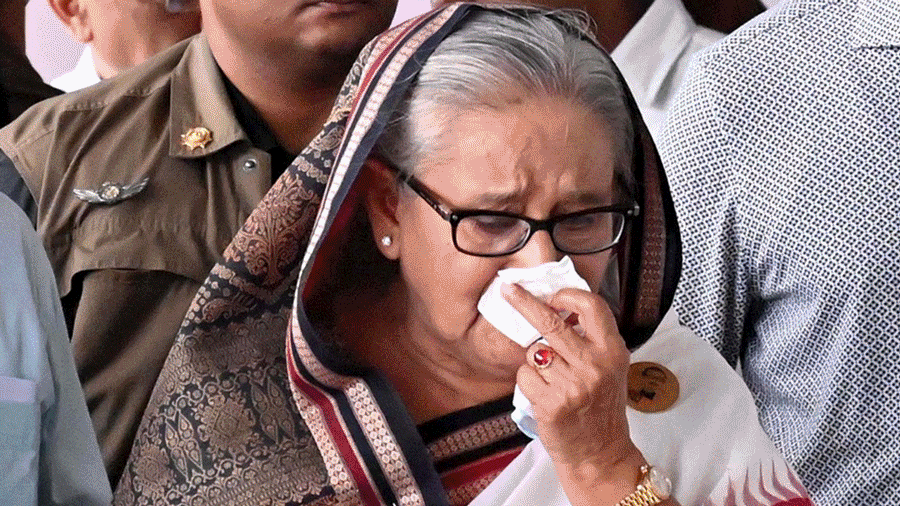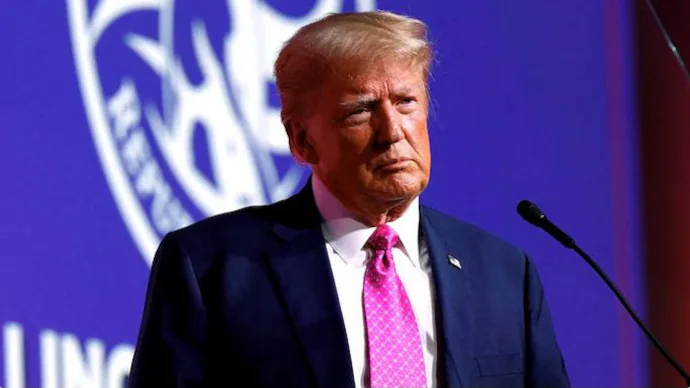“On Saturday, former President Donald Trump’s presidential campaign announced that it had been hacked, implying that Iranian actors were involved in the theft and dissemination of sensitive internal documents.”
“The campaign did not provide concrete evidence of Iran’s involvement; however, the allegation follows a Microsoft report released the previous day, which detailed attempts by foreign agents to interfere in the 2024 U.S. presidential campaign.”
“The report highlighted an incident in June where an Iranian military intelligence unit sent a spear-phishing email to a high-ranking official of a presidential campaign using a compromised email account belonging to a former senior advisor. Trump campaign spokesperson Steven Cheung attributed the hack to ‘foreign sources hostile to the United States.’ A National Security Council spokesperson stated that they take any report of improper foreign interference ‘extremely seriously’ and condemn any government or entity attempting to undermine confidence in U.S. democratic institutions, but deferred to the Justice Department on this matter.”
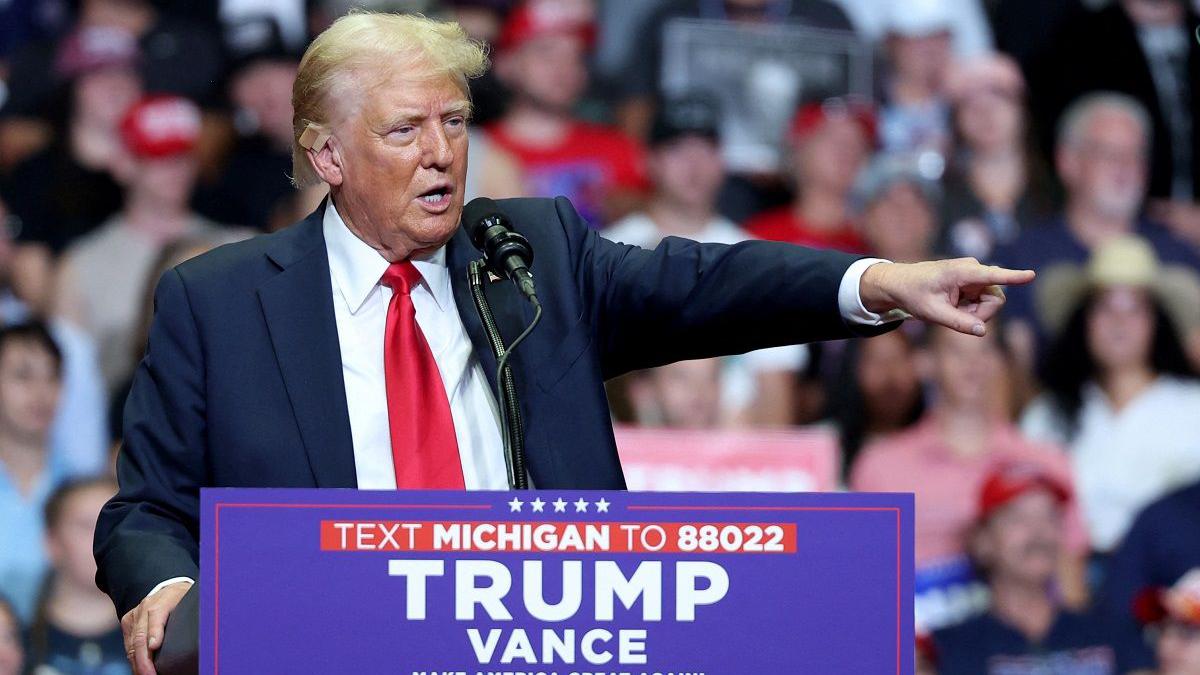
“Iran’s mission to the United Nations denied involvement when questioned about the Trump campaign’s claims. ‘We do not accord any credence to such reports,’ the mission stated to The Associated Press. ‘The Iranian government neither possesses nor harbors any intent or motive to interfere in the United States presidential election.'”
“Iran has long been suspected of conducting hacking campaigns against its adversaries in the Middle East and beyond. Tehran has also consistently threatened retaliation against Trump for the 2020 drone strike that killed the prominent Revolutionary Guard General Qassem Soleimani.
Recently, the U.S. Justice Department unsealed criminal charges against a Pakistani national with ties to Iran, accused of plotting assassination attempts against U.S. political figures, including potentially Trump. The individual allegedly attempted to hire supposed hitmen who were actually undercover law enforcement officials. Court documents in the case highlighted Iran’s desire to carry out operations against perceived regime enemies and to avenge Soleimani’s death.”
“Politico first reported the hack on Saturday, revealing that it had begun receiving emails from an anonymous source on July 22. The source, using an AOL email account identified only as ‘Robert,’ provided what appeared to be a research dossier compiled by the campaign on the Republican vice presidential nominee, Ohio Sen. JD Vance. The document, dated February 23, was created nearly five months before Trump selected Vance as his running mate.
Cheung stated that ‘these documents were obtained illegally’ and were ‘intended to interfere with the 2024 election and sow chaos throughout our democratic process.’ He referenced the Microsoft report released on Friday, which concluded that ‘Iranian hackers broke into the account of a “high-ranking official” on the U.S. presidential campaign in June 2024,’ a time that closely coincided with President Trump’s selection of a vice presidential nominee.”
“Cheung stated, ‘The Iranians know that President Trump will stop their reign of terror just as he did during his first four years in the White House.’ He warned that ‘any media or news outlet that republishes these documents or internal communications is doing the bidding of America’s enemies and fulfilling their objectives.’
Cheung did not immediately respond to questions regarding the campaign’s interactions with Microsoft on this issue. Microsoft stated on Saturday that it had no comment beyond its blog post and Friday report.
In that report, Microsoft noted that ‘foreign malign influence concerning the 2024 U.S. election began slowly but has steadily increased over the last six months, initially driven by Russian operations but more recently due to Iranian activity.'”
“The analysis continued: ‘Iranian cyber-enabled influence operations have been a consistent feature in at least the last three U.S. election cycles. Unlike Russian campaigns, Iran’s operations typically appear later in the election season and focus more on disrupting election conduct than influencing voters.’
Microsoft concluded that ‘recent activity suggests the Iranian regime—along with the Kremlin—may be equally engaged in the 2024 election.’
The report specifically detailed an incident in June 2024, where an Iranian military intelligence unit, known as Mint Sandstorm, sent a phishing email to an American presidential campaign using the compromised account of a former adviser.
